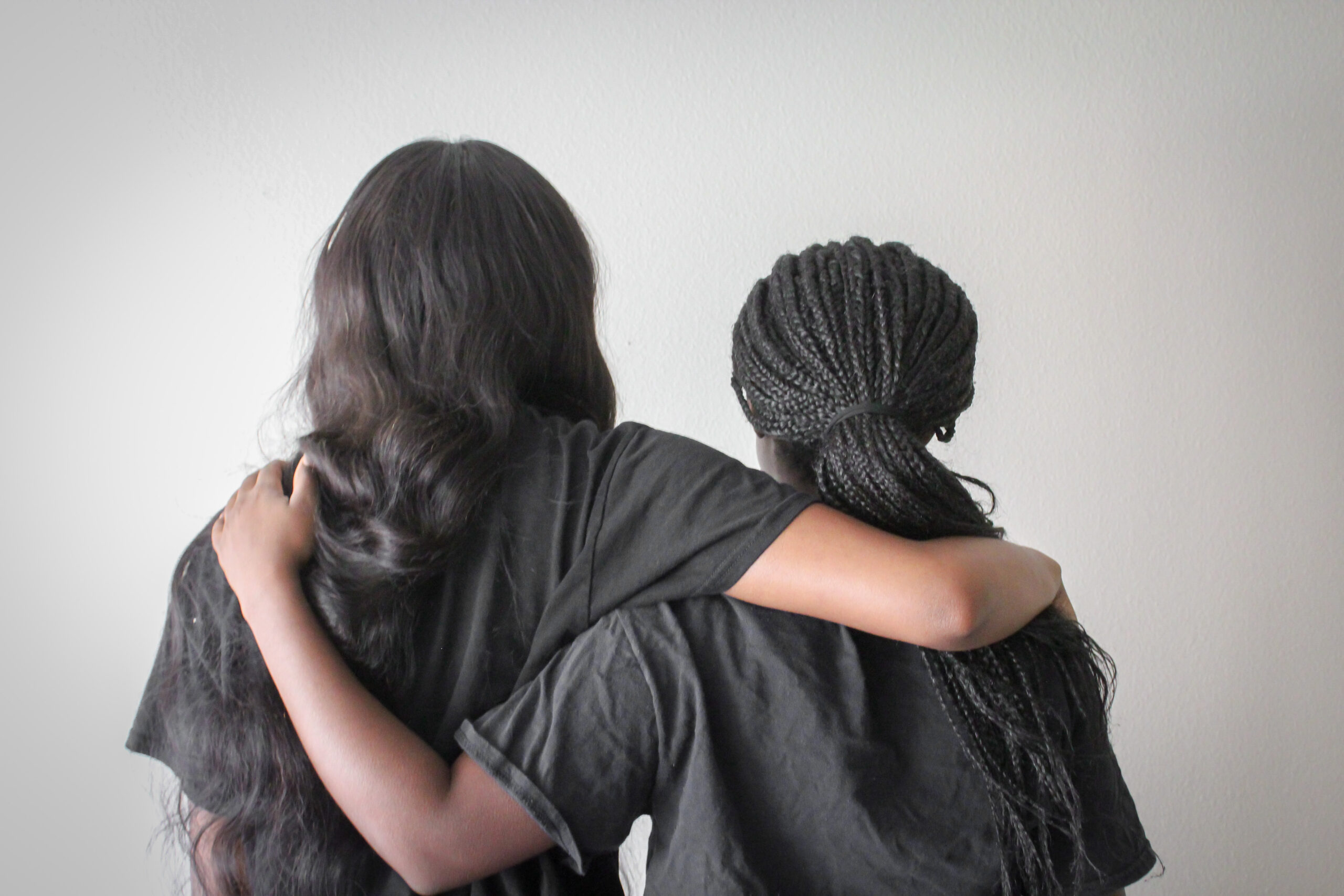March is Women’s History Month, yet it, and some branches of feminism, are not an accurate representation of the women it is supposed to honor.
In 1981, Congress deemed the first week of March to be “Women’s History Week.” Six years later, the National Women’s History Project petitioned until Congress agreed to adopt Women’s History Month. Throughout the past thirty-odd years, the United States has rallied together to celebrate the contributions of various women to modern advancement.
However, it seems that modern feminism is not as inclusive as many would believe. Many notable women that public schools highlight in March are Caucasian, middle-to-upper class Americans. While celebrating the accomplishments of Eleanor Roosevelt, Elizabeth Cady Stanton, and countless others is important, there are so many women and female-identifying people who deserve recognition too.
Perhaps the most famous feminist event was the 1848 Seneca Falls Convention, where hundreds of people gathered to protest for women’s rights. Headed by Elizabeth Cady Stanton and Lucretia Mott, gender equality in all matters of American culture (politics, religion, family life, etc.) was heavily debated. During the Convention, it was stated that “woman is man’s equal and was intended to be so by God” and that women “ought to be enlightened in regard to the laws under which they live […] to assert that they have all the rights they want.”
Even though women’s rights were heavily discussed and fought for in the nineteenth century, women did not receive the right to vote until the 1920’s, and women of color were barred from voting centers until the late 1970s. The Seneca Falls Convention is the first major marker of American feminism, but even that was heavily exclusionary.
As the centuries progressed, feminism evolved. Women of color began to receive the same rights as their caucasian counterparts, sex workers slowly gained respect from the general public, and LGBTQ+ identifying women were able to feel free to be themselves. However, modern feminism is still incredibly divisive.
A branch of feminism is dedicated almost solely to the exclusion of transgender and gender non-conforming people in modern feminism. These Trans Exclusionary Radical Feminists (TERFS) openly discriminate against those they perceive as anything but cisgender (identifying with one’s sex assigned at birth). On the surface, TERF-branded feminism appears to have good intentions, but their exclusion of those who may not necessarily agree with society’s gender norms is definitely hypocritical.
Until recently, women of color were not in the feminists’ minds at all. The Seneca Fall Convention focused primarily on the advancement of white women. The Civil Rights Movement was seen as a “minorities-only” problem as if racism did not openly impact how feminism was shaped. This has been summed up with one phrase: white feminism, which, unfortunately, still exists today.
Modern feminists claim that their movement is for everyone, yet disabled women/female-identifying people are often excluded from the narrative. While women gained the right to vote in 1920, disabled Americans had to wait an additional seventy years to have their basic rights guaranteed. These sub-categories of feminism are just people saying they’re accepting of everyone while openly being racist/ableist/LGBTQ+phobic.
Social activist and author Alice Walker coined the term “womanist” in response to the discrimination present in modern feminism. Put simply, the womanist sub-movement is meant to uplift and advocate for what Walker refers to as “the wholeness of entire people.” Womanism recognizes and celebrates the adversity minorities, lower-income citizens, and queer-identifying people have overcome. Walker wrote that “womanism is to feminism as purple is to violet,” that they are often misconstrued as the same thing, but there are subtle, yet distinctive differences.
Countless women have made history but have yet to be widely recognized. Martha P. Johnson, an African-American transgender woman, was one of the first openly transgender American social activists. Tammy Duckworth is the first American of Thai descent to be elected into the Senate, as well as the first Senator to have multiple amputations. Claudia Gordon is credited as the first African-American deaf lawyer to practice in America.
Yes, feminism means advocating for the rights and equity of all women/female-identifying people. However, there are subcultures within feminism with malicious intent. Research into feminism is heavily encouraged so as to not accidentally discriminate against a minority group.
Photo by Jamia Johnson




